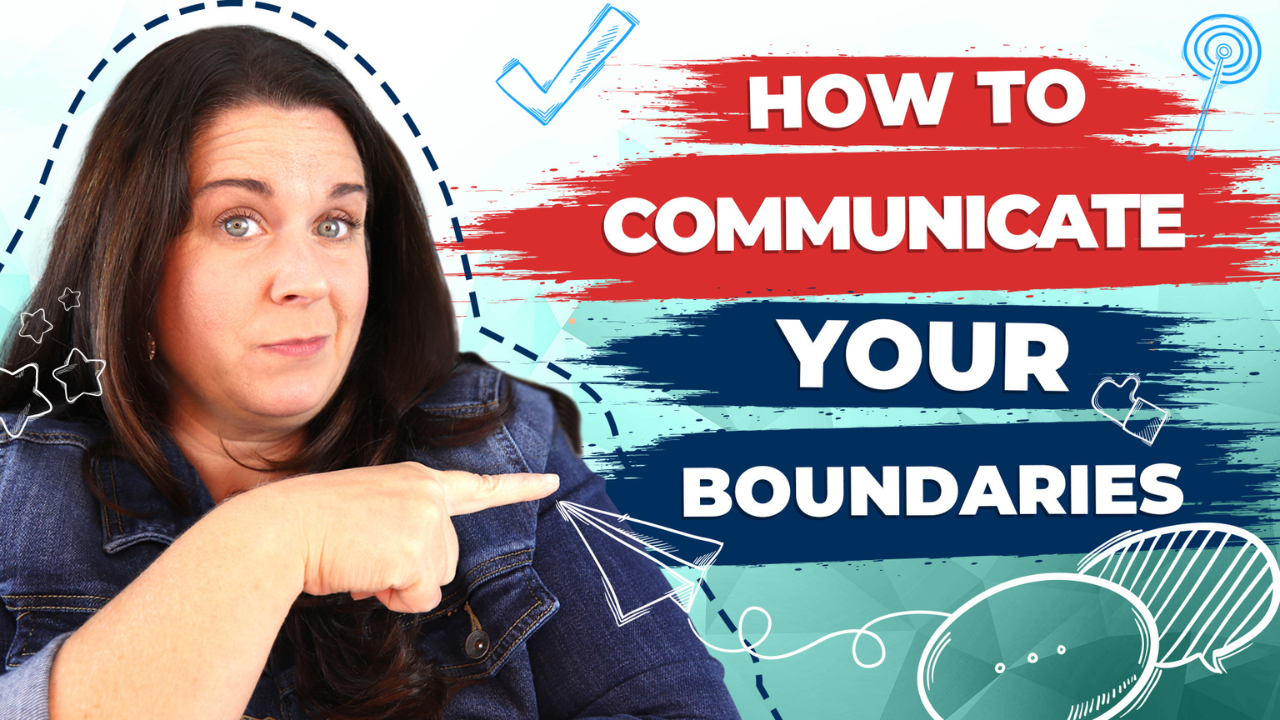Personalities of Addicted Loved Ones
Navigating the Maze of Addiction: Tailoring Your Approach Based on Personality
Dealing with a loved one battling addiction is an intricate journey, and there's no one-size-fits-all solution. In this video transcript, we delve into the importance of understanding your addicted loved one's personality to tailor your approach effectively. As we emphasize on staying five steps ahead of addiction, individual differences become crucial considerations in your support strategy.
Identifying Personality Traits:
Every person is unique, and addiction doesn't manifest the same way for everyone. Recognizing your loved one's personality traits, such as avoidance, confrontational tendencies, or trust issues, becomes pivotal in devising a strategic plan for support.
Case in Point:
The transcript recounts a scenario where a person, initially following general advice, discovered a shift in their loved one's behavior. Upon learning that the loved one was a direct communicator, the approach was adju...
Q&A with Addiction Expert Amber Hollingsworth: Insights and Answers

Navigating Relationships with Loved Ones Struggling with Addiction: Expert Advice
Question 1: How do I kindly tell my 31-year-old son in Tennessee that he is not welcome to visit until he can demonstrate that he's not just looking for a new place to live?
Answer: When faced with a situation like this, it's essential to approach the conversation with kindness and understanding. Consider the reasons behind your hesitation to have your son visit – whether it's concerned about him moving back in, causing conflicts, or substance abuse issues. If he asks to visit, you can suggest meeting somewhere neutral, like dinner, to avoid potential complications. If he directly asks to come and stay with you, express your love and support but kindly explain that living together might not be the best option for your relationship. Encourage him to come up with an alternative plan.
Question 2: Recently, my son said adamantly that he would rather commit suicide than go through detox; he uses fentanyl ...
Redefining Parenthood: Navigating Life with an Addicted Child

Reclaiming our lives as parents with children in recovery.
We discussed the need to change our parenting roles to help our children recover from addiction. Today, we will delve into redefining our parenting and adopting a new approach that fosters independence, growth, and empowerment for our children and ourselves. This journey will require grit, determination, and a willingness to let go of our old parenting habits. So, let's explore how we can achieve this and find joy and pride in our parenting and personal lives.
The Unthinkable: Letting Go
One of the most challenging aspects of redefining our parenting role is accepting that we cannot protect our children from the world. As they embark on their recovery journey, we must understand that they must learn to navigate life independently. This can be particularly difficult for parents of children with addictions, as we may have to let go sooner than other parents whose children are in their mid-twenties.
To foster our children's...
From Struggle To Strength: Parenting an Addict
Parenting children with addiction can be an incredibly challenging and emotionally taxing experience. As a parent, it's natural to question why you need to change and adapt to the situation. However, understanding the need for personal growth and transformation is crucial for your well-being and your child's recovery journey.
We'll explore the importance of change, parents' internal struggles, and the stages of parenting children with addiction. We'll also discuss the significance of joining a supportive community like the Positive Parenting Group to navigate this journey effectively. So, let's dive in!
Embracing Change for Emotional Well-being
Many parents wonder why they should change when their child struggles with addiction. But the truth is, resisting change only perpetuates negative emotions like anger, sadness, resentment, and grief. It's essential to recognize that your well-being and emotional state are just as important.
By embracing change, you have the opportunity to ...
Is it okay to allow my addicted son/daughter to live in my home?
 (In this post, we're basing this on adult-18+ years old)
(In this post, we're basing this on adult-18+ years old)
Are you a bad parent if you let your addicted son or daughter live in your house?
If this is a thought you've had, you've likely also felt guilty for letting them stay, risking enabling them, but you also feel guilty if you make them leave.
There are a ton of mixed feelings when it comes to this. You may resent the chaos they're bringing to the house, but you also feel terrified about what will happen if you don't let them stay.
There's no black or white, yes or no answer to the question of whether or not it's okay to let your addicted son or daughter live in your house.
I can't tell you exactly what to do, but I can help you think through the situation objectively because it's essential that you not make this decision in an emotional state.
Let's say your addicted son or daughter comes home, and they do something that makes you mad, and you yell and scream and throw them out in the heat of the moment; that's a terrible...
Does Your Spouse Refuse To Get Help For Their Alcohol Addiction?
 So your spouse finally admits that they have a drinking problem but refuse treatment. This kind of situation is a lot more common than you might think. I'm going to tell you three things you should ask for if you face this dilemma.
So your spouse finally admits that they have a drinking problem but refuse treatment. This kind of situation is a lot more common than you might think. I'm going to tell you three things you should ask for if you face this dilemma.
But before we go much further, Let's discuss why this is a common dilemma—going into treatment, like 30, 60, or 90 days of treatment, is the last thing someone will agree to address an addiction problem.
As frustrating as it is, if you stop and think about it, it's understandable.
You're away from family and can't work for 30 days or more. Then, you get told when you can eat and what to do; people ask many questions, and it's not something you look forward to doing.
If you're in the dilemma of having a spouse who acknowledges they have a drinking problem but don't want to go to treatment, I want you to recognize why they might be frustrated. It doesn't mean that you agree with them or that you think it is the right decision, but listening to them, and havi...
Am I An Idiot For Staying With My Addicted/Alcoholic Spouse?
"Am I a complete idiot for staying with my alcoholic or addictive spouse? If I think about leaving, I feel guilty. On top of that, I feel like I get all this judgment from everyone around me. The people who know there's an addiction are judging me for staying, and the people that are in denial about it are judging me for leaving."
Can you relate?
I know you feel upset with your spouse because this is not what you signed up for, and I can't even tell you whether or not your spouse will for sure fix their problem or not. This is a decision that you should not make from an emotional place because you're likely to take that decision back.
I will give you a framework to make this decision easier for you.
There will be six categories, and we'll group them into "Negative- I should go." and "Positive-I should stay."
If you're married to your addicted loved one, I know you have mixed feelings. On one hand, you may be thinking, "Isn't addiction an illness? I made a vow to stay through s...
Boundaries With An Alcoholic Spouse (part 1)
Trying to keep good boundaries with a spouse who has a substance abuse problem can get complicated. Are your boundaries healthy and appropriate? Let's find out...
There are some standard issues when it comes to being in a marriage, especially when someone has a substance abuse problem. Those are:
- Money-always a big category
- Household responsibilities and who's responsible for what.
- Safety issues can include things like driving.







